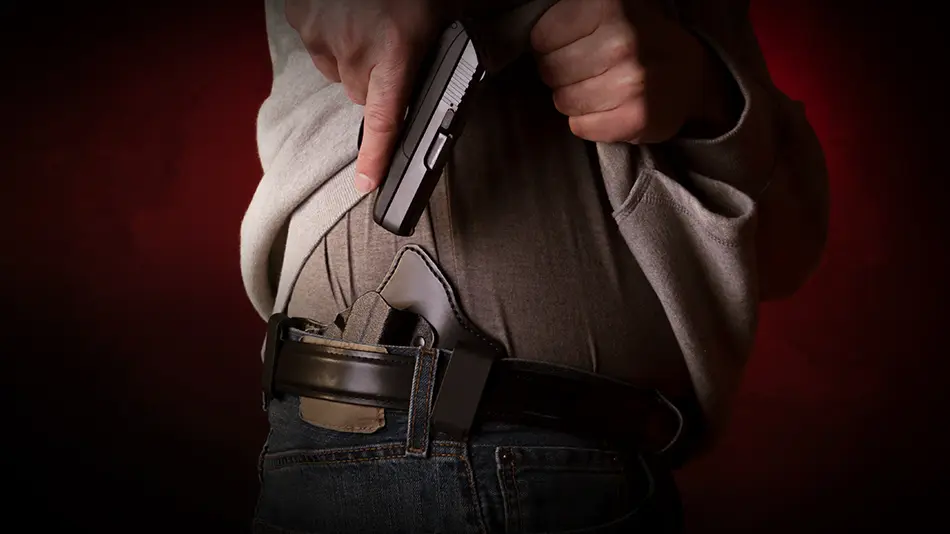The following is a video transcript.
Let’s discuss the most commonly asked questions concerning gun customization in the State of Colorado. In general, modification and customization of firearms is fine and legal. However, caution is advised because certain modifications may result in an unlawful firearm to possess at either the state or federal level.
Modifications to Avoid
The most important modifications to avoid are reducing the length of a firearm or its barrel, converting a firearm so it meets the federal definition of a “machinegun,” or adding accessories that are federally banned. Unless all requirements of the National Firearms Act are met, it is a crime under federal law to possess, manufacture, or make modifications to any firearm in any of the following ways:
- Any machinegun, fully automatic firearm, or any part designed or intended exclusively for use in such weapon;
- Any firearm silencer, including any device or part thereof, designed to silence, muffle, or diminish the report of a firearm;
- A sawed-off shotgun with a barrel of less than 18 inches or overall length less than 26 inches;
- A sawed-off rifle with a barrel length of less than 16 inches or overall length of less than 26 inches; or
- A destructive device.
Machineguns & Bump Stocks
The recent change to the definition of “machinegun” under federal law effectively outlaws bump stocks. The full definition of machinegun under federal law as amended is as follows:
“The term ‘machinegun’ includes a bump-stock-type device, i.e., a device that allows a semi-automatic firearm to shoot more than one shot with a single pull of the trigger by harnessing the recoil energy of the semi-automatic firearm to which it is affixed so that the trigger resets and continues firing without additional physical manipulation of the trigger by the shooter.”
Legal Modifications
On the other end of the spectrum, there are a number of firearm modifications that are perfectly legal. The following are examples of that:
- Altering a gun to a different caliber;
- Making cosmetic changes;
- Adding accessories or making changes to a firearm to improve the accuracy; or
- Attaching an accessory that would not create an NFA exception.
There may be other exceptions that make your modifications lawful, or that make the firearm that you have converted into a lawful firearm. The best way to determine whether that is the case is to contact U.S. LawShield and ask to speak to your Independent Program Attorney.





The article is not clear and mid-leading concerning suppressors with a valid tax stamp. You need to clarify the fact that legally obtained silencers are not illegal to attach to your gun.
Virtually anything that puts an individual ahead of the eight ball is illegal, in regard to anything. The US has been marching down the road toward communism for a long time now.
Several places say that silencers are legal in Colorado with a NFA Tax stamp and they are sold at gun shops throughout the state. However, Colorado Revised Statutes Title 18. Criminal Code § 18-12-102 states they are illegal in the State. What is the actual truth?